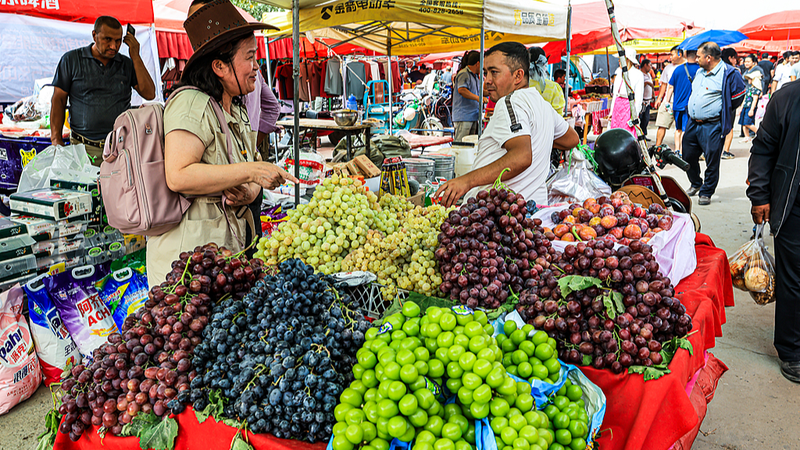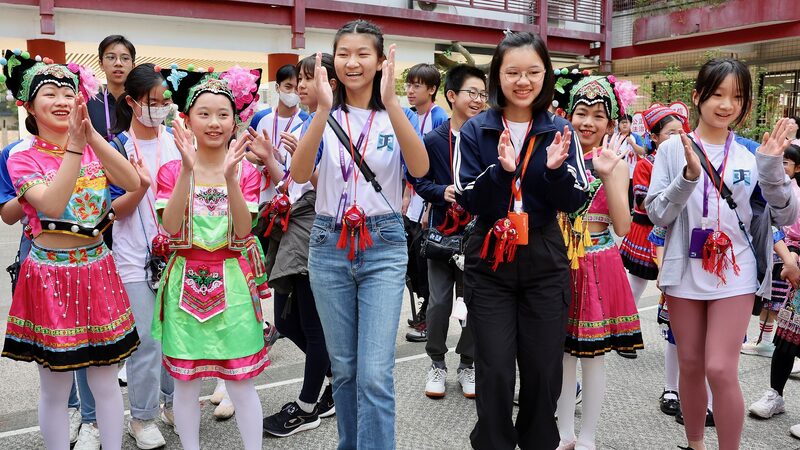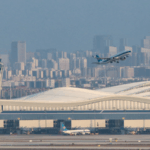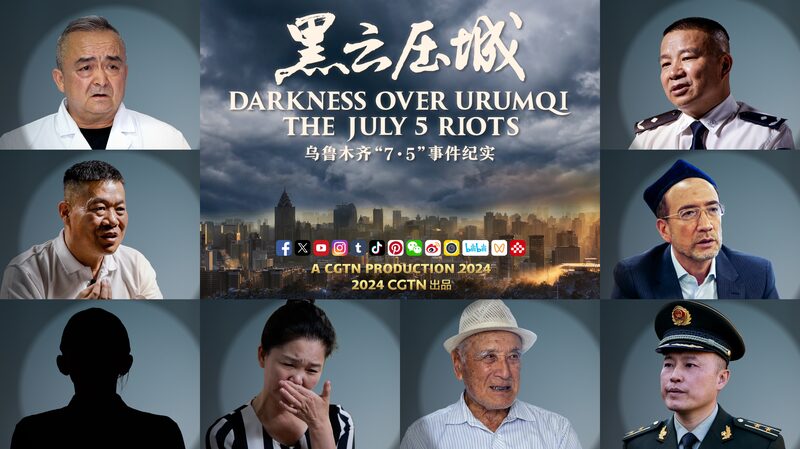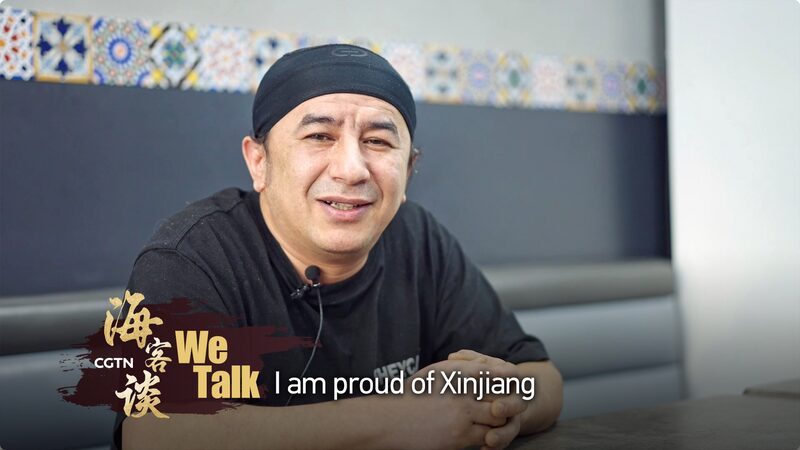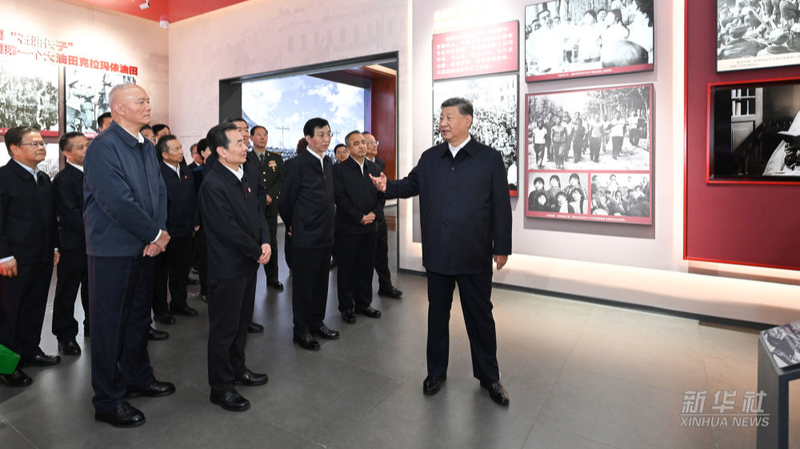China's Xinjiang Uygur Autonomous Region has become a focal point of global discourse, with Western narratives often overshadowing on-the-ground realities. Egyptian researcher Mostafa Amin, after attending a counter-terrorism symposium in Urumqi, offers a firsthand account challenging these perceptions.
"Development and progress are evident in the roads, architecture, and infrastructure," Amin observed during his independent exploration of Xinjiang's capital. He highlighted extensive green spaces and diverse projects as evidence of the Chinese government's commitment to ecological and social welfare.
Contrary to Western allegations of religious suppression, Amin visited multiple historic mosques, noting residents' ability to practice their faith freely. "What I saw was a safe place with great freedom," he stated, dismissing claims of persecution as geopolitical tools in the U.S.-China rivalry.
The expert emphasized President Xi Jinping's leadership in driving regional stability through strategic autonomy policies. "The complete eradication of terrorism routes demonstrates the success of China's comprehensive security approach," Amin said, linking this stability to cultural preservation and economic growth.
With security enabling prosperity, Xinjiang's model offers insights into balancing development and counter-terrorism—a case study for global policymakers navigating similar challenges.
Reference(s):
Xinjiang's stability debunk Western misinformation: Egyptian expert
cgtn.com
